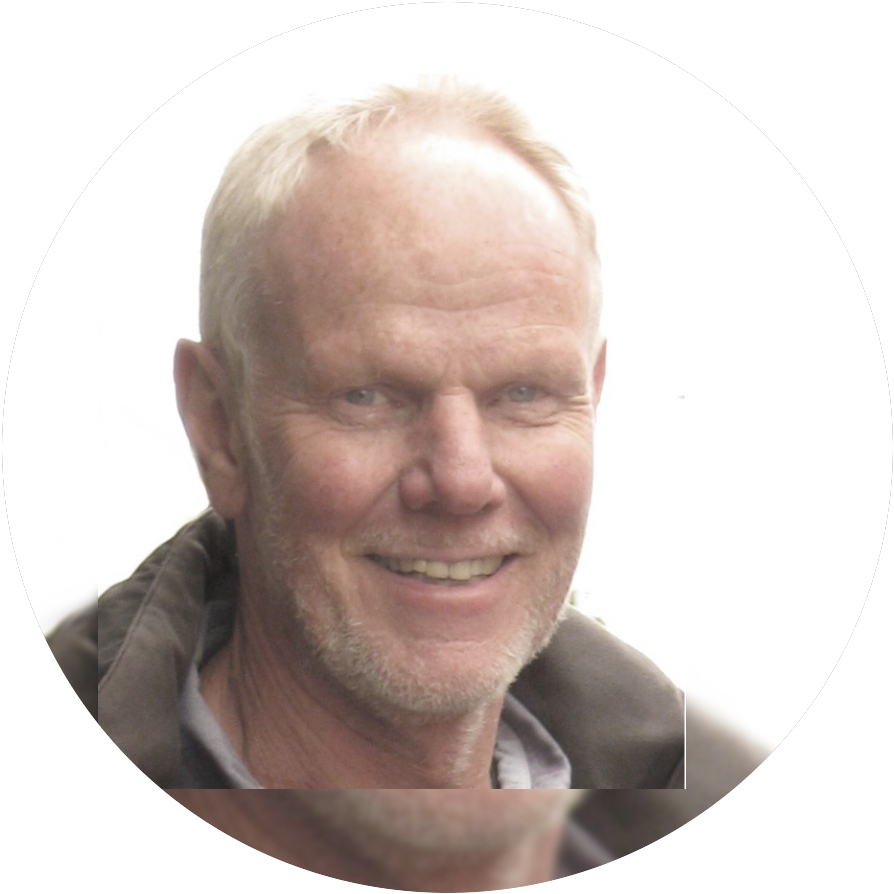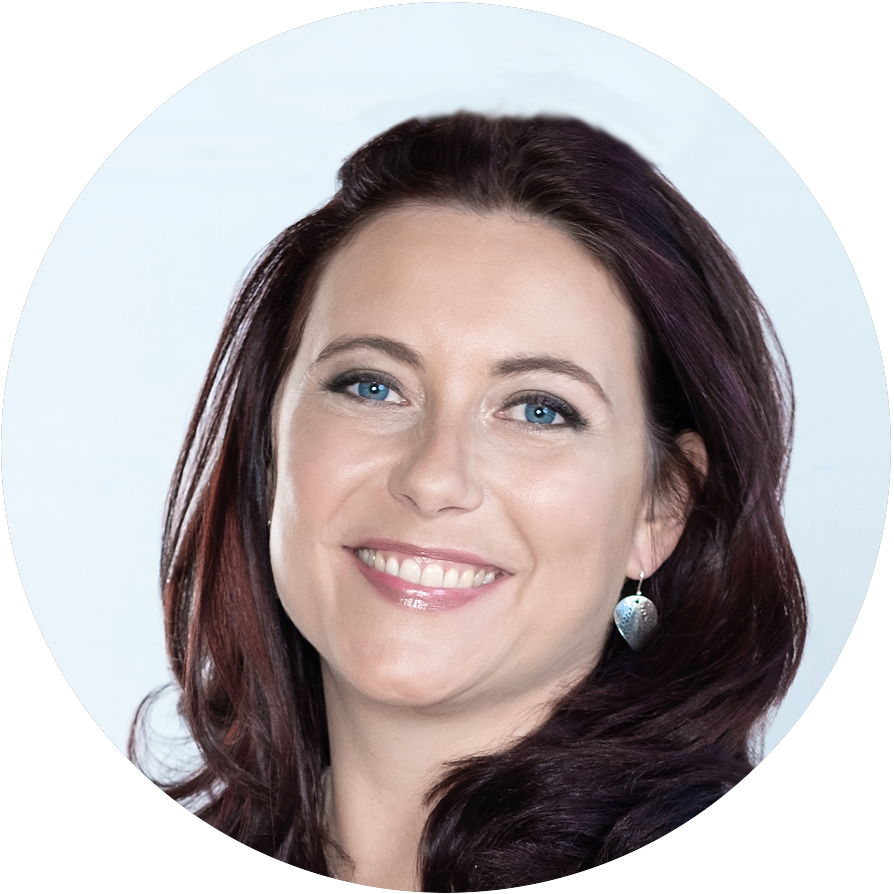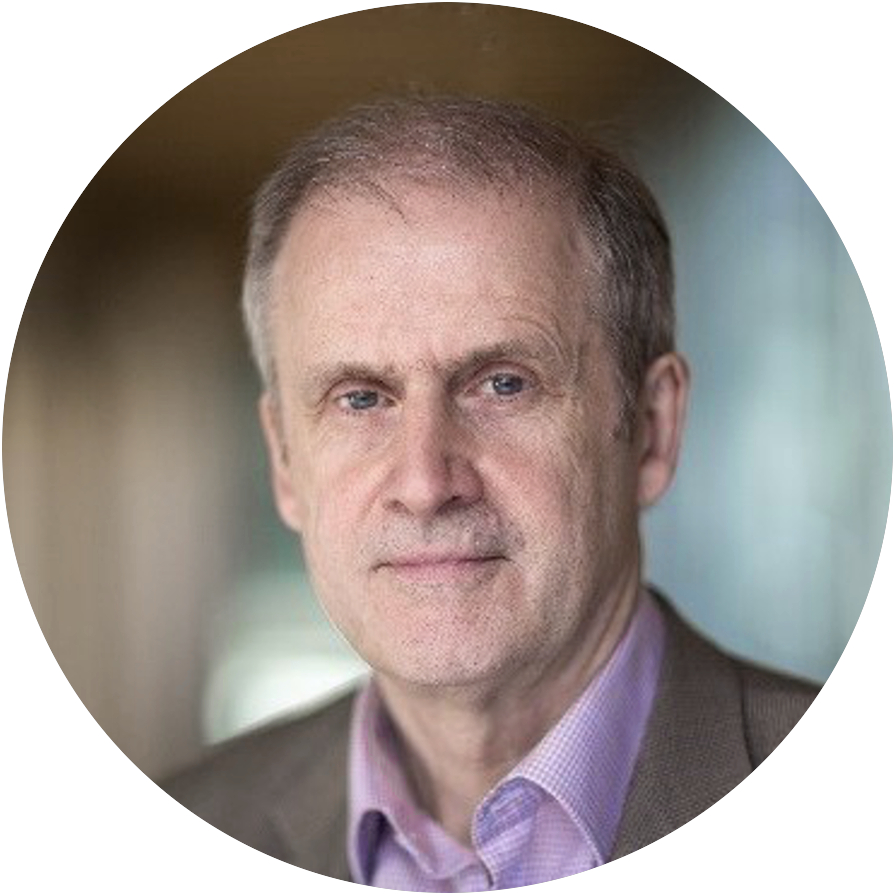🔖 PRESENTATION
Paper (parallel)
📆 DATE
Thursday 10 Sep 2020
⏰ MELBOURNE TIME
7.00 – 9.00 pm
⏰ LOCAL START TIME
time start

Dr Nuala Dent
Consultant, Academic, Artist, Drawing on Experience, Australia
Nuala completed her PhD at La Trobe University in 2019. Her thesis title is ‘A Fractured Landscape: a Systems Psychodynamic Investigation into the Experience of a Partially Distributed Team of Therapists in an Australia Child Protection System’. PhD Supervisors: Dr Nicola-Jane McNeil, La Trobe University; Prof Timothy Marjoribanks, Swinburne University; Dr Wendy Harding, NIODA.
Nuala’s research investigates the experience of a partially distributed team of therapists, in a child protection system. The dispersal of the team across multiple offices, use of technology, and the structural separation of decision-making and service delivery limited their capacity to work together as a team. Her research extends systems psychodynamic theory and has practical application for the understanding of group dynamics in contemporary organisations.
For this research, Nuala has been awarded the Nancy Millis Medal by La Trobe University; a prestigious award presented to outstanding PhD candidates for the exceptionally high quality of their thesis.
Nuala currently teaches management in the Swinburne Pathways Program and on the Master of Leadership & Management (Organisation Dynamics) program offered by the National Institute of Organisation Dynamics Australia. Nuala is also the staff representative on the NIODA Human Research Ethics Committee. Previously, Nuala has held academic roles on the Executive Education programs (INSEAD), the Master of Organisational Analysis (The Grubb Institute), and the Diploma of Graphic Art (VU).
⏰ DURATION
120 minutes
Social defenses in the time of coronavirus
This paper explores the ways in which social defenses (Menzies Lyth 1960) contribute to a good-enough holding environment (Winnicott 1971) in the volatile and uncertain times.
The starting point for this paper is a case-study action research project which explores the experience of a partially distributed team of therapists working with clients of the child protection system. Team members’ work was largely autonomous, relational and place-based, intersecting with multiple organisations through partnership arrangements. The research found that the dispersal of the team across multiple offices, use of technology, and the structural separation of decision-making and service delivery limited their capacity to work together as a team. I propose that, to effectively harness the emergent knowledge arising from the work, the team needs to be structured around the work (Lawrence 1997). A self-managing arrangement would better enable the experience of work to be held (Winnicott 1971) and create the conditions for effective teamwork.
This research has practical application for the understanding of group dynamics in contemporary organisations. More significantly, it creates opportunities to consider the experience of work in the context of the coronavirus pandemic.
Krantz (1998) writes that the post-industrial age necessitated a shift from authority that was related to roles and structure to one involving negotiated autonomy. This shift has been amplified by global organisational and social change arising from the rapid growth in digital technology and connectivity (Leadbeater 2010). The complex web of inter-organisational, multi-national relations creates environmental turbulence (Emery & Trist 1965), and is the setting for the coronavirus pandemic. Across the globe, initiatives are in place to limit contagion. Organisations have acted swiftly to adapt; distributed teams have become the norm rather than the exception. This paper will explore the structures, procedures and technologies necessary to contain anxiety (Bion 1984) and facilitate effective work.
References:
Bion, WR 1984, Attention and Interpretation, Karnac Books, London.
Emery, F & Trist, E 1965, ‘The Causal Texture of Organizational Environment’, Human Relations, vol. 18, pp. pp 21-32.
Krantz, J 1998, ‘Anxiety and the New Order’, in The Psychodynamics of Leadership, Psychosocial Press, Connecticut, pp. pp 77-107.
Lawrence, G 1997, ‘Centering of the Sphinx for the Psychoanalytic Study of Organisations’, Proceedings of the 14th Annual Meeting of the International Society for the Psychoanalytic Study of Organizations, Philadelphia, PA, 1997/06/15.
Leadbeater, C 2010, Cloud Culture: the future of global cultural relations,Counterpoint, London.
Menzies Lyth, I 1960, ‘Social Systems as a Defense Against Anxiety: An
Empirical Study of the Nursing Service of a General Hospital’, in The Social
Engagement of Social Science: A Tavistock Anthology, Tavistock Publications, London, 1, pp. pp 439-462.
Winnicott, DW 1971, Playing and Reality, Routledge Classics, London.
Day(s)
:
Hour(s)
:
Minute(s)
:
Second(s)
Session schedule
5 MINS
Introduction
30 MINS
Paper presentation
15 MINS
Small group discussion; impressions of the paper and developing questions for the presenter
15 MINS
Discussion forum with the presenter; moderated for the speaker to elaborate their ideas
15 MINS
Small group activity or discussion ‘What does this paper tell us about working into the future?’
15 MINS
Discussion forum with the presenter; themes from the discussions
25 MINS
Whole Symposium across the papers reflections on the sessions




